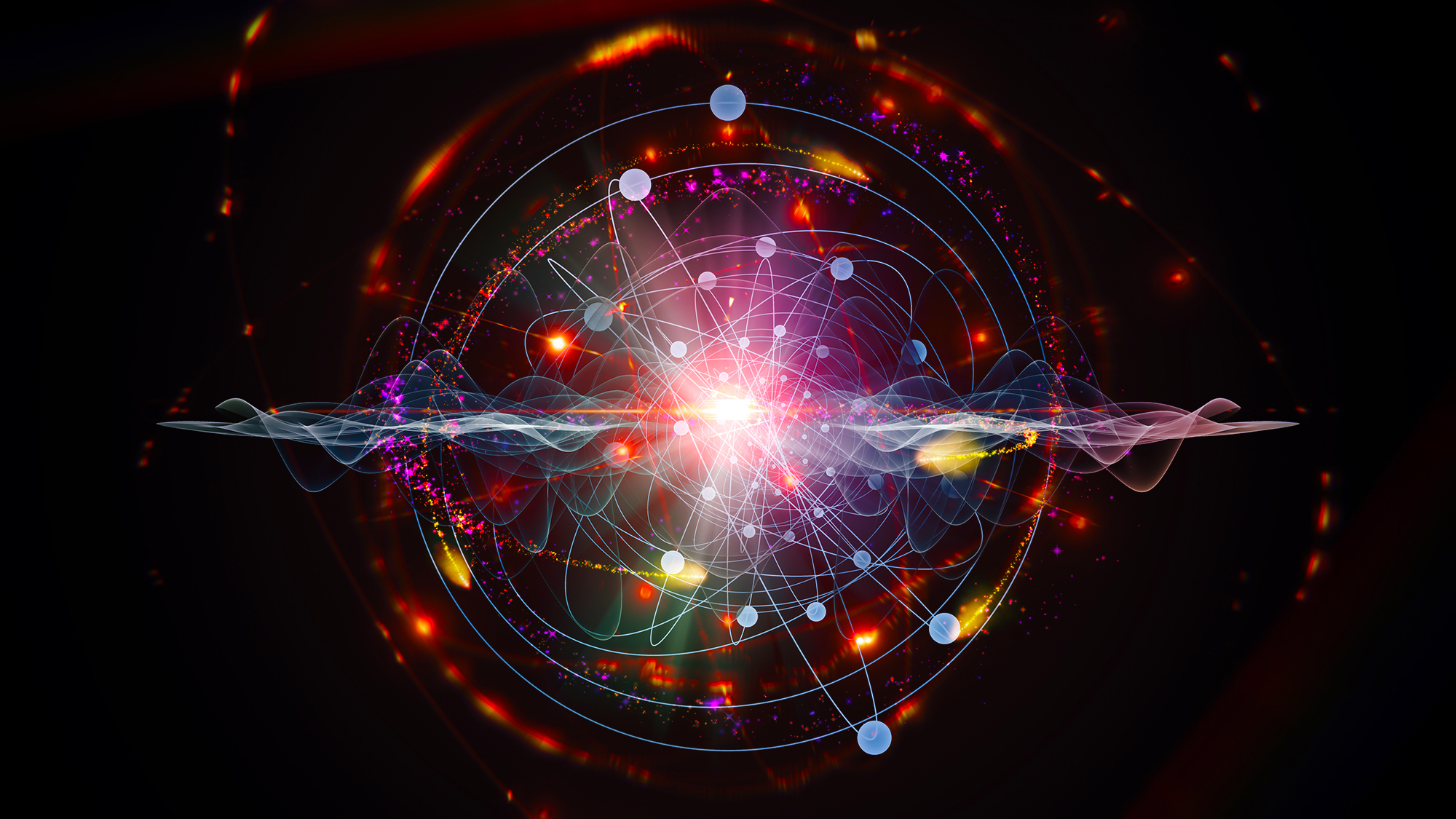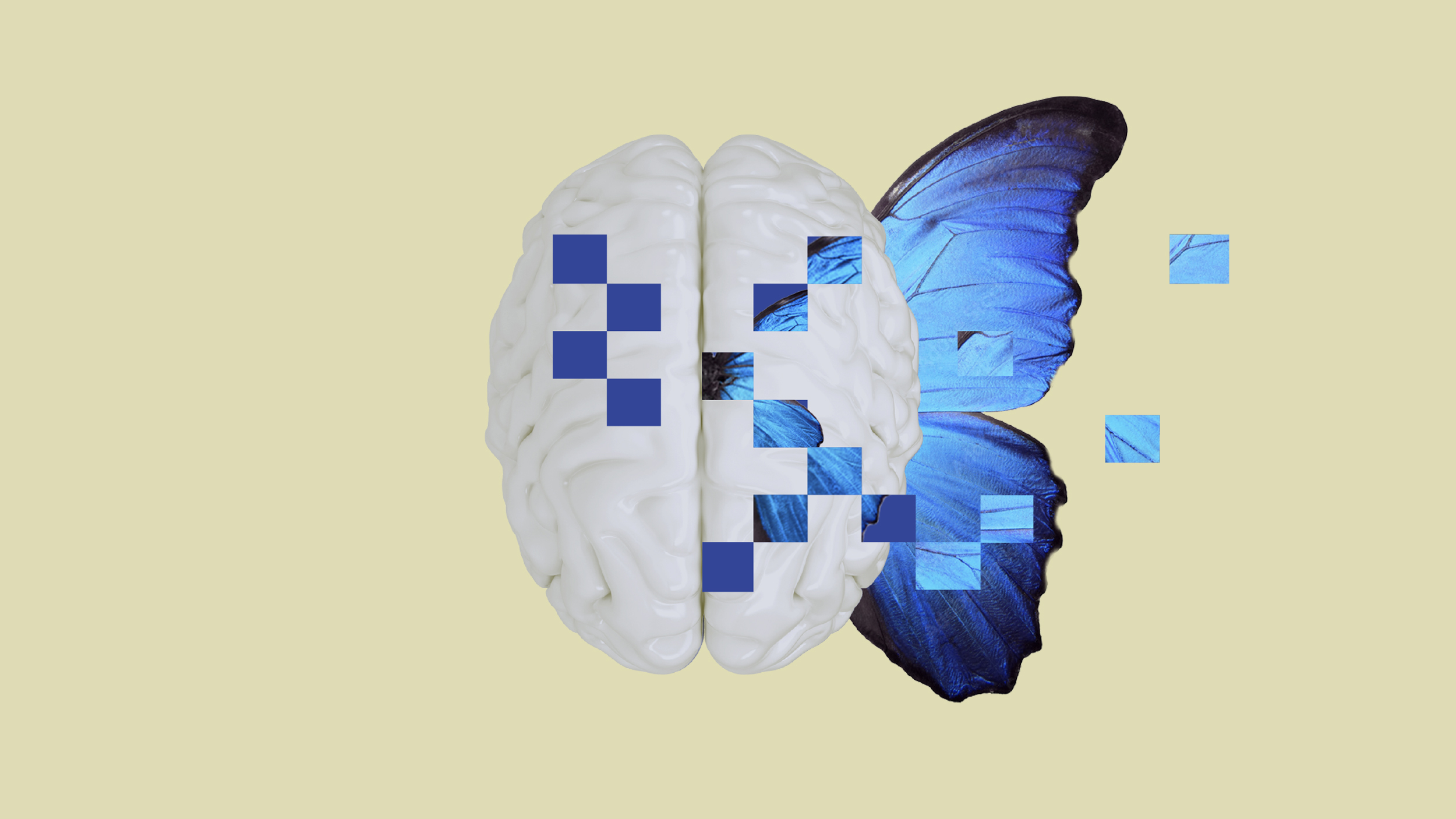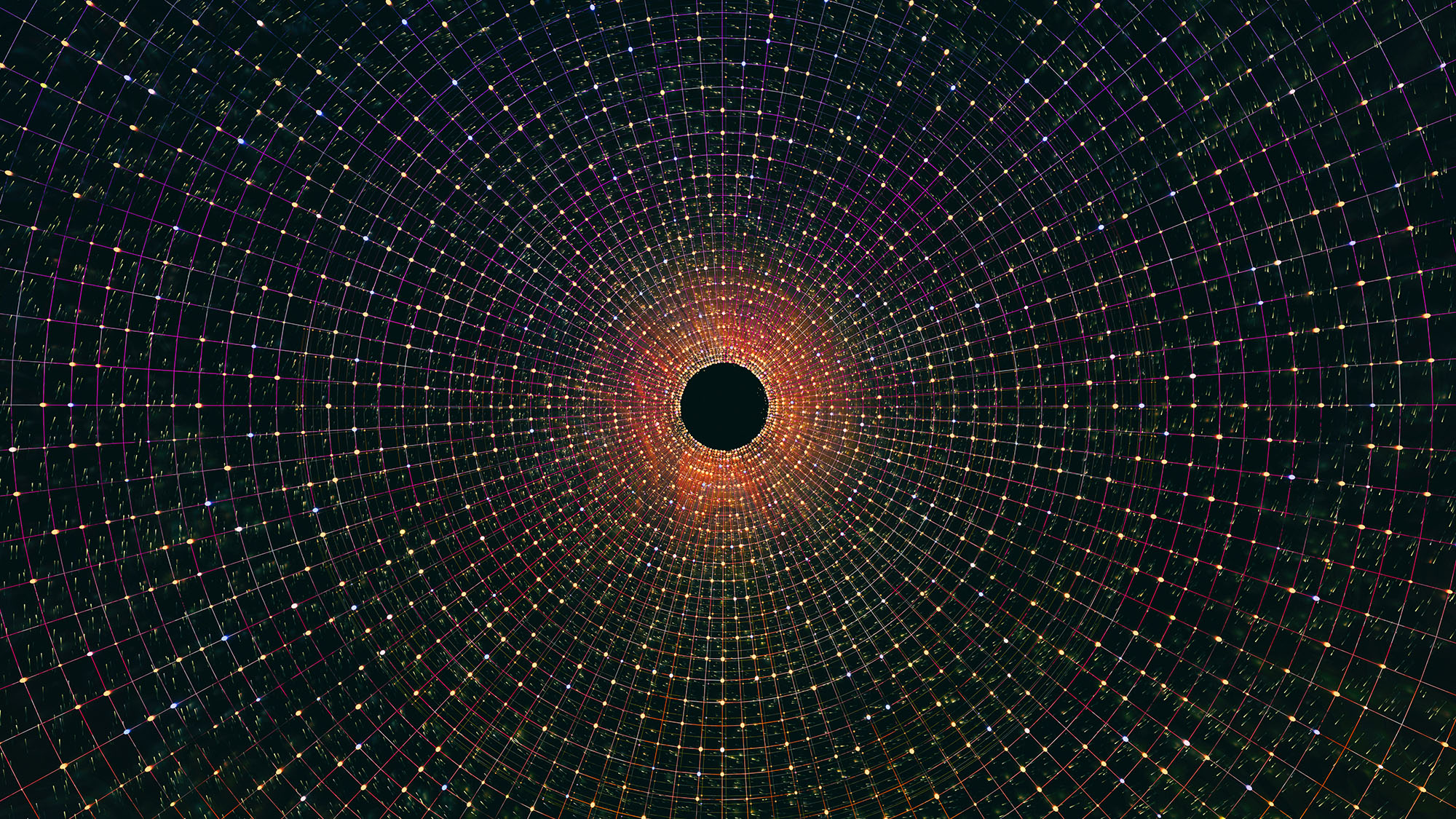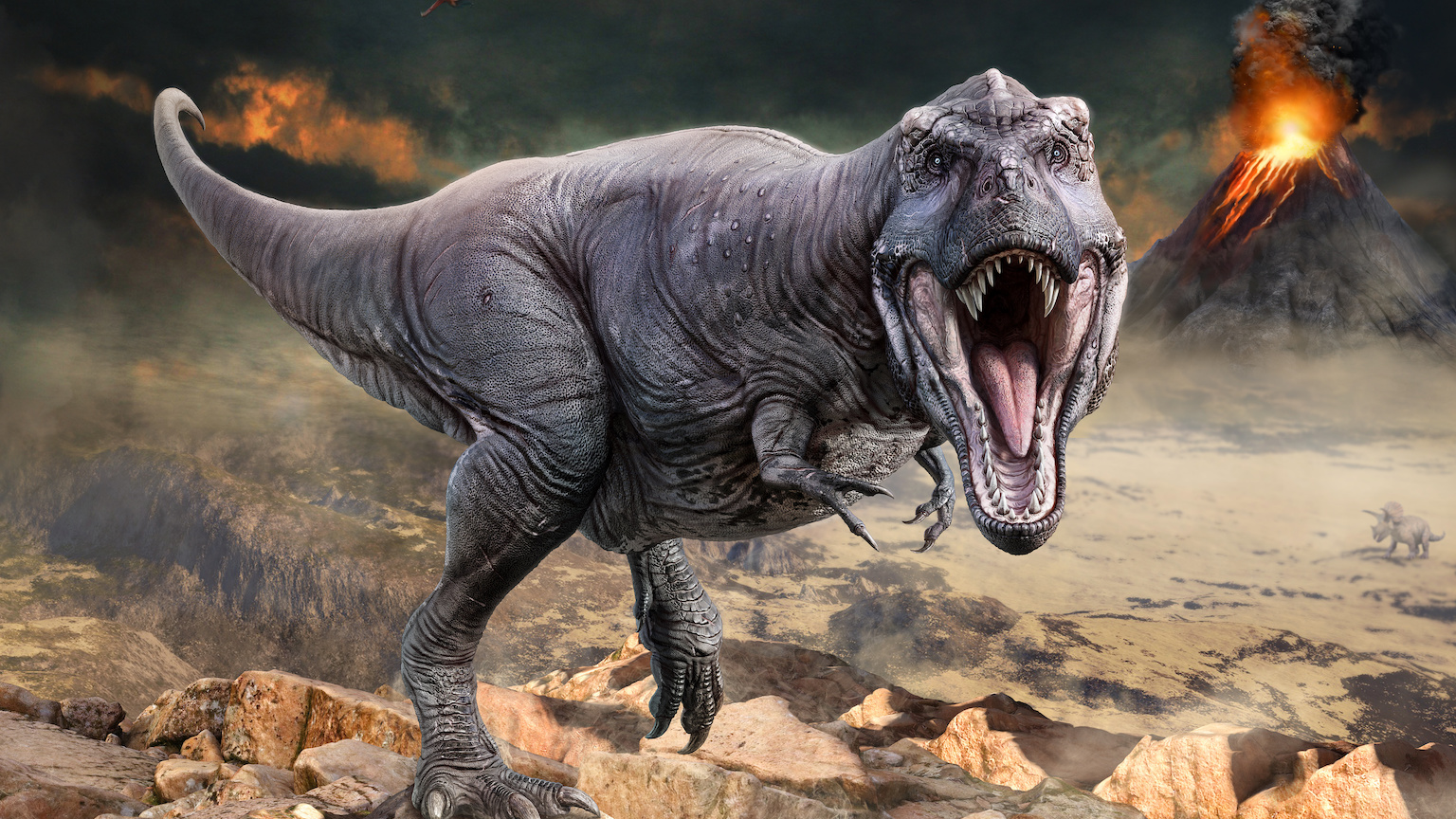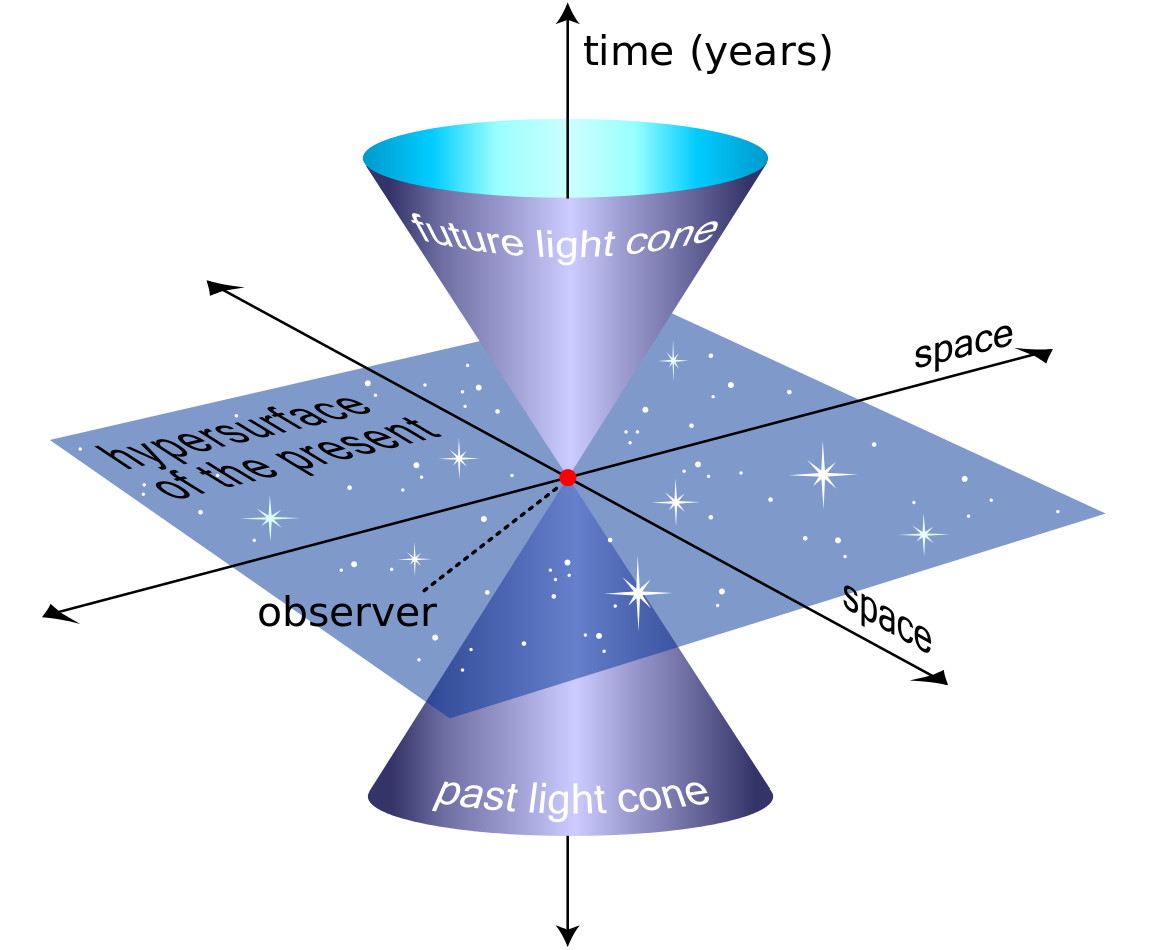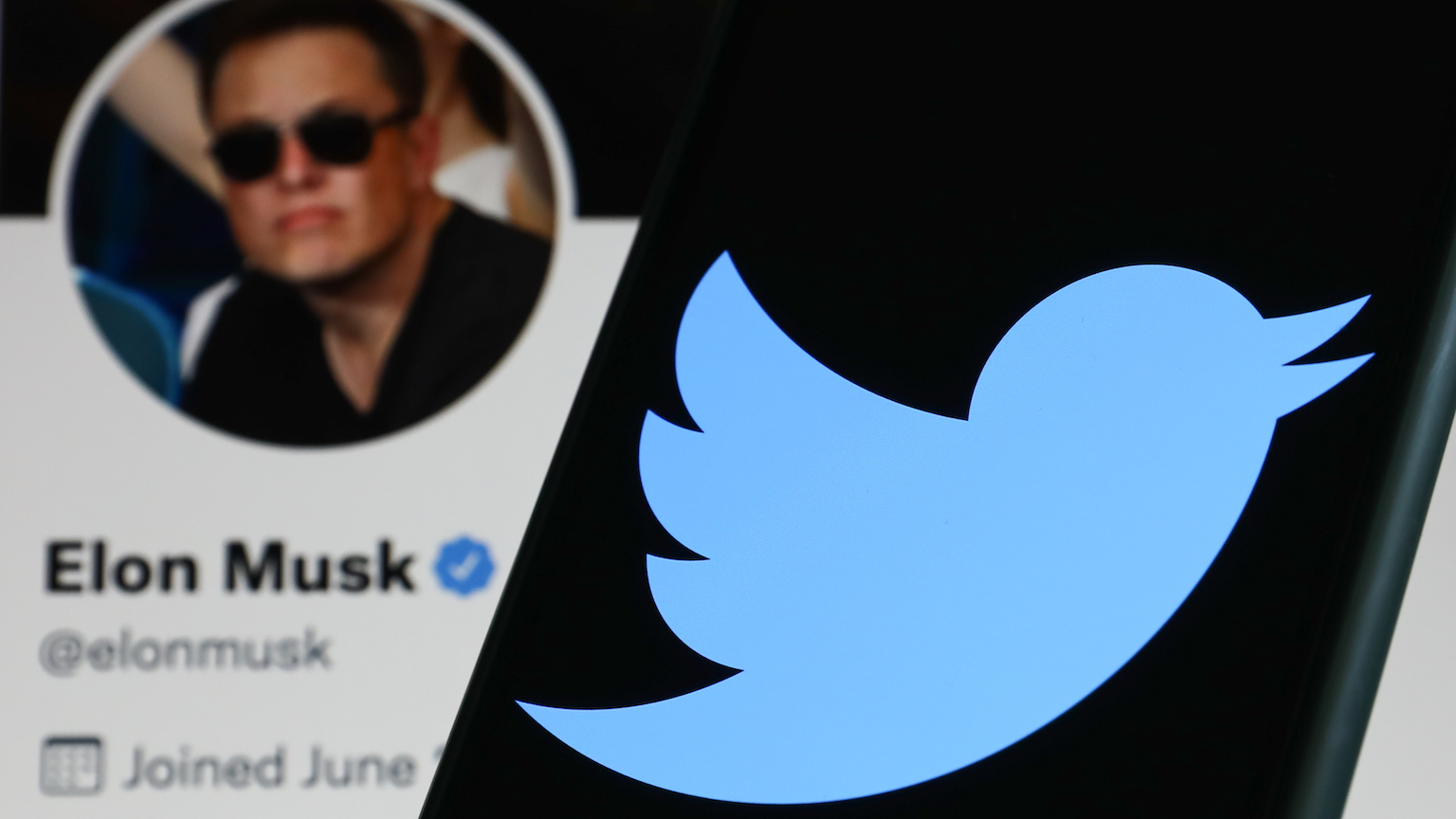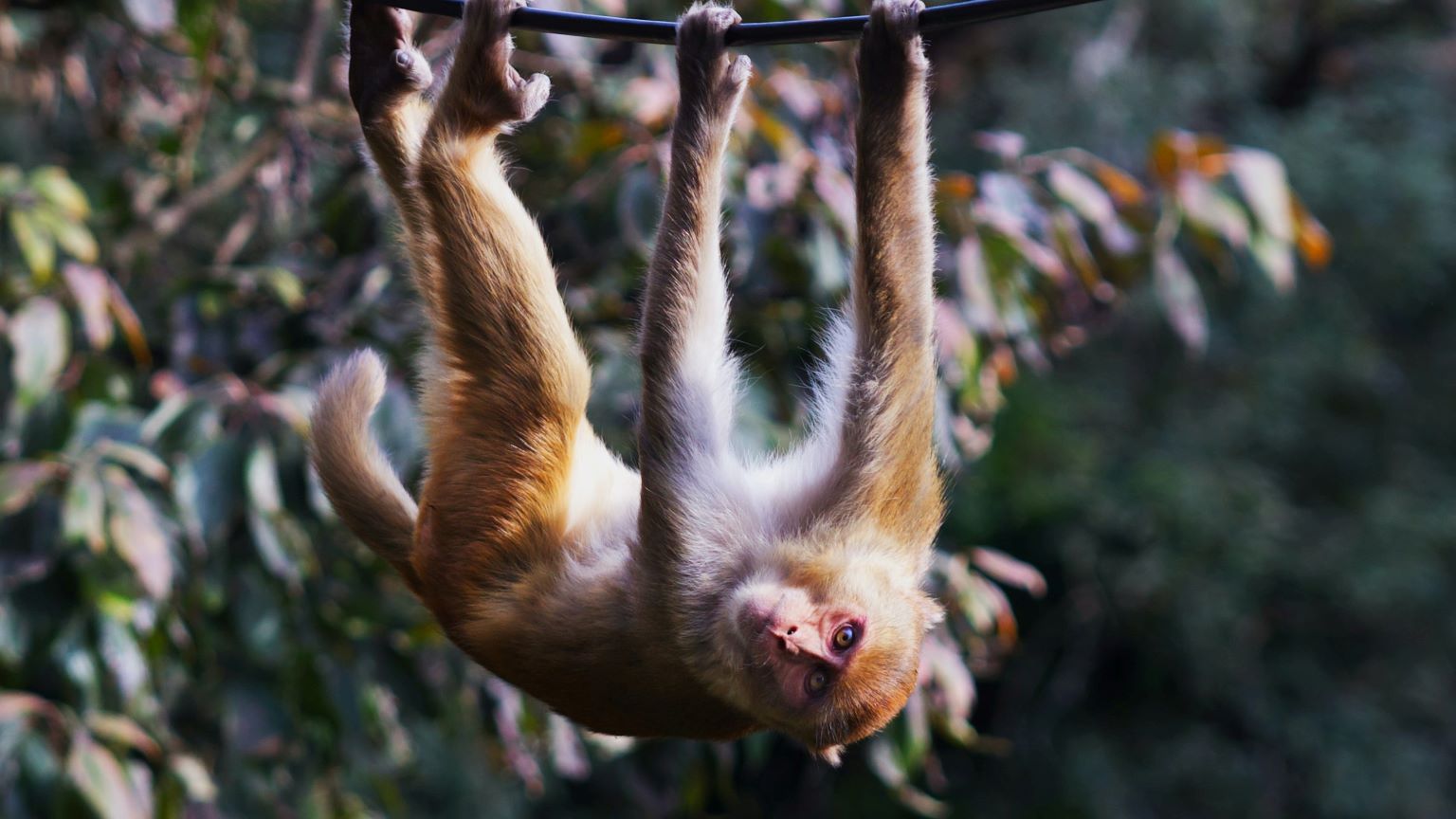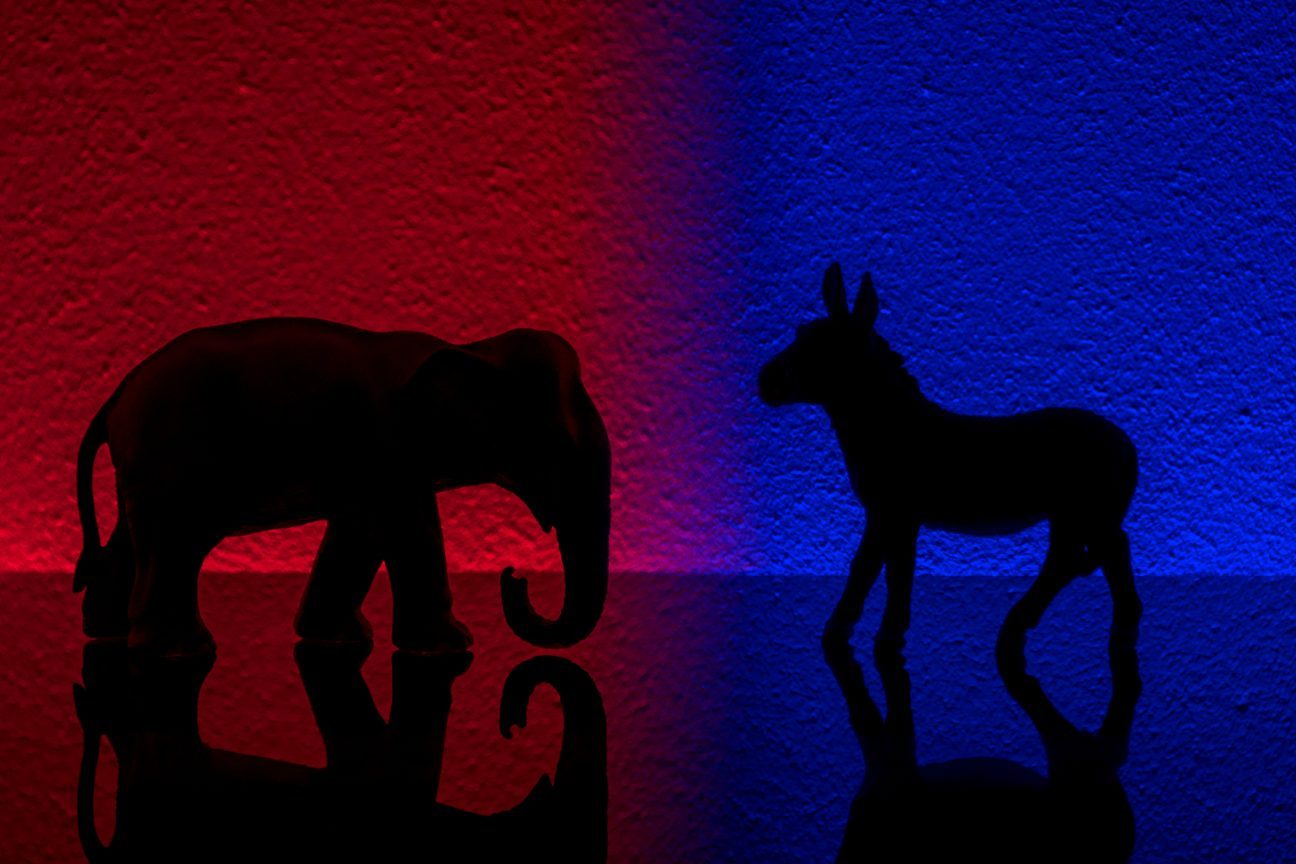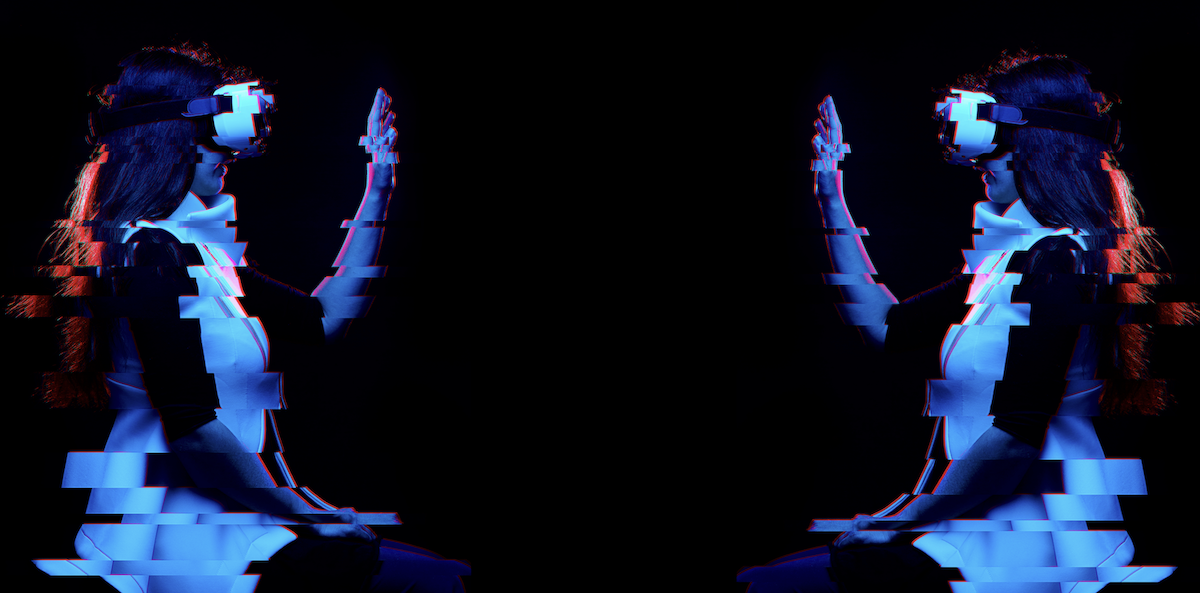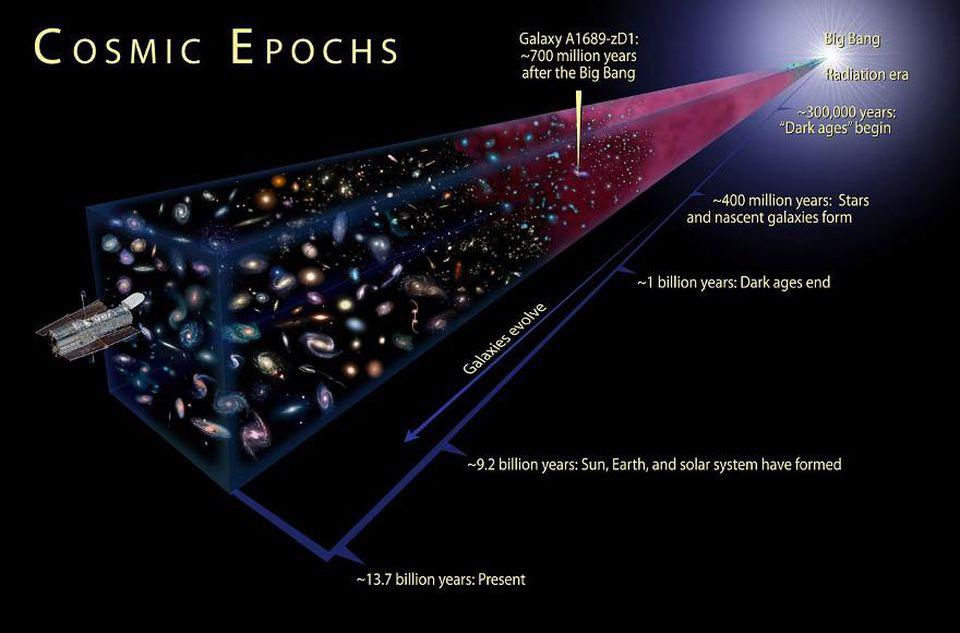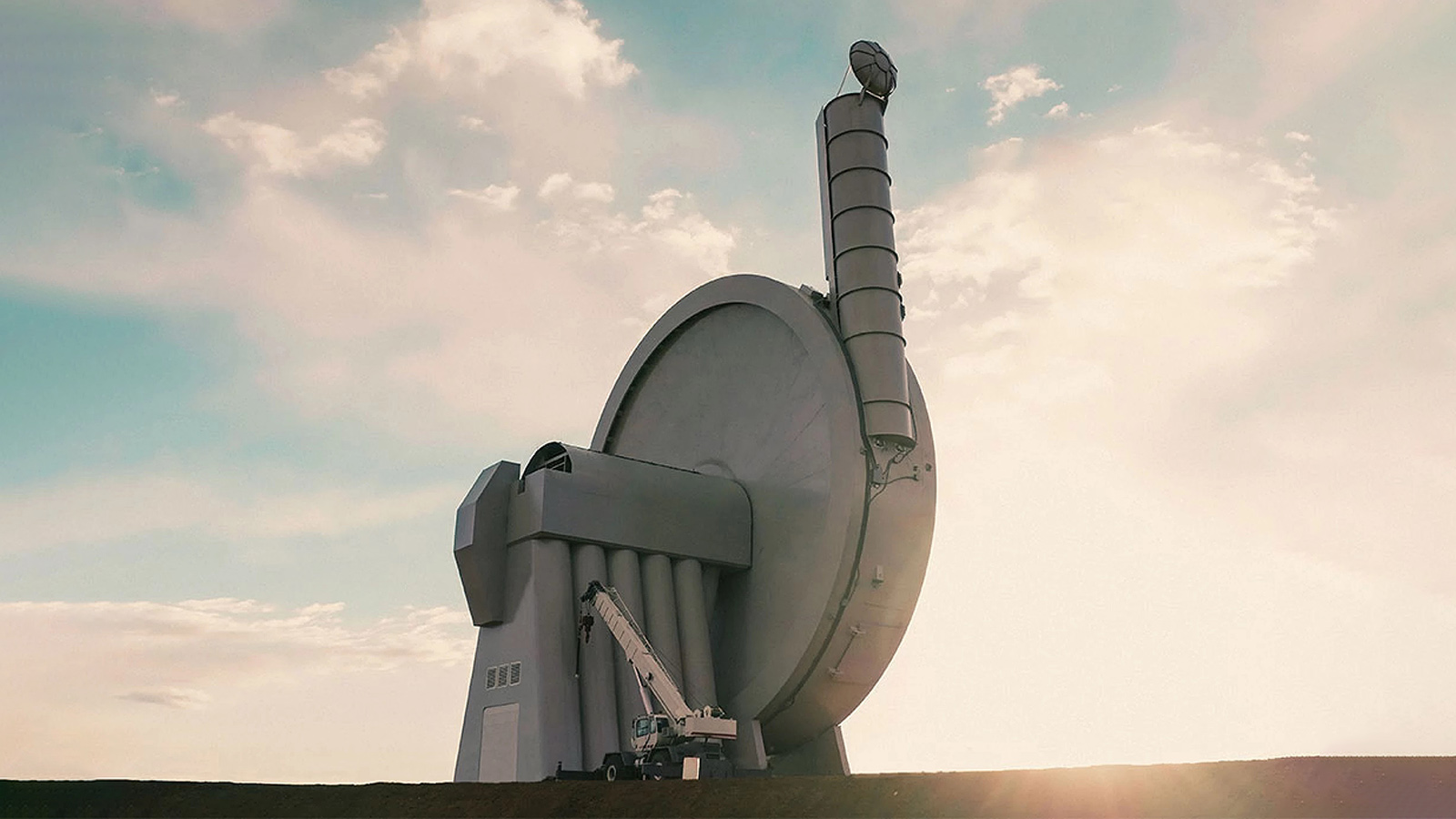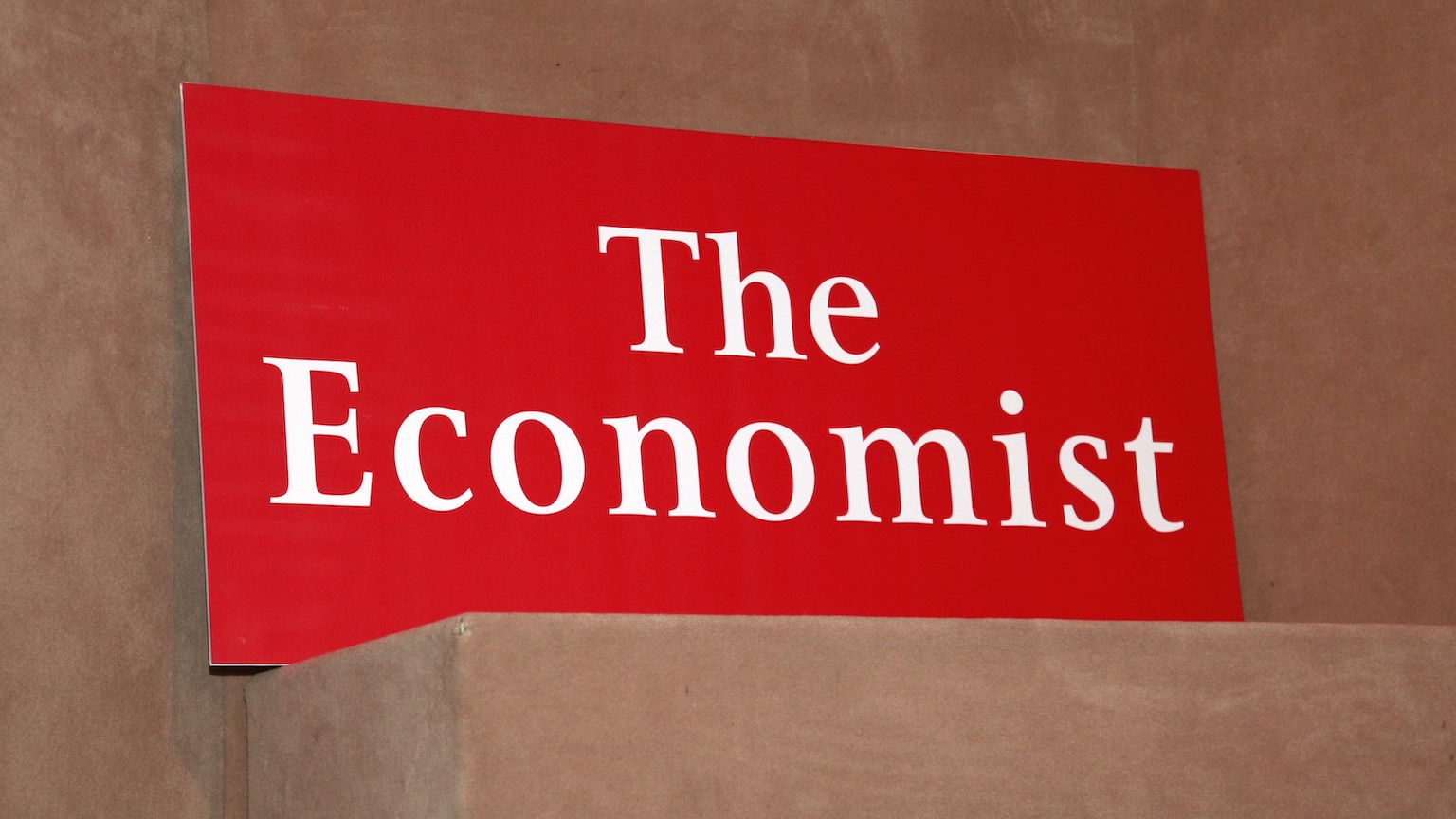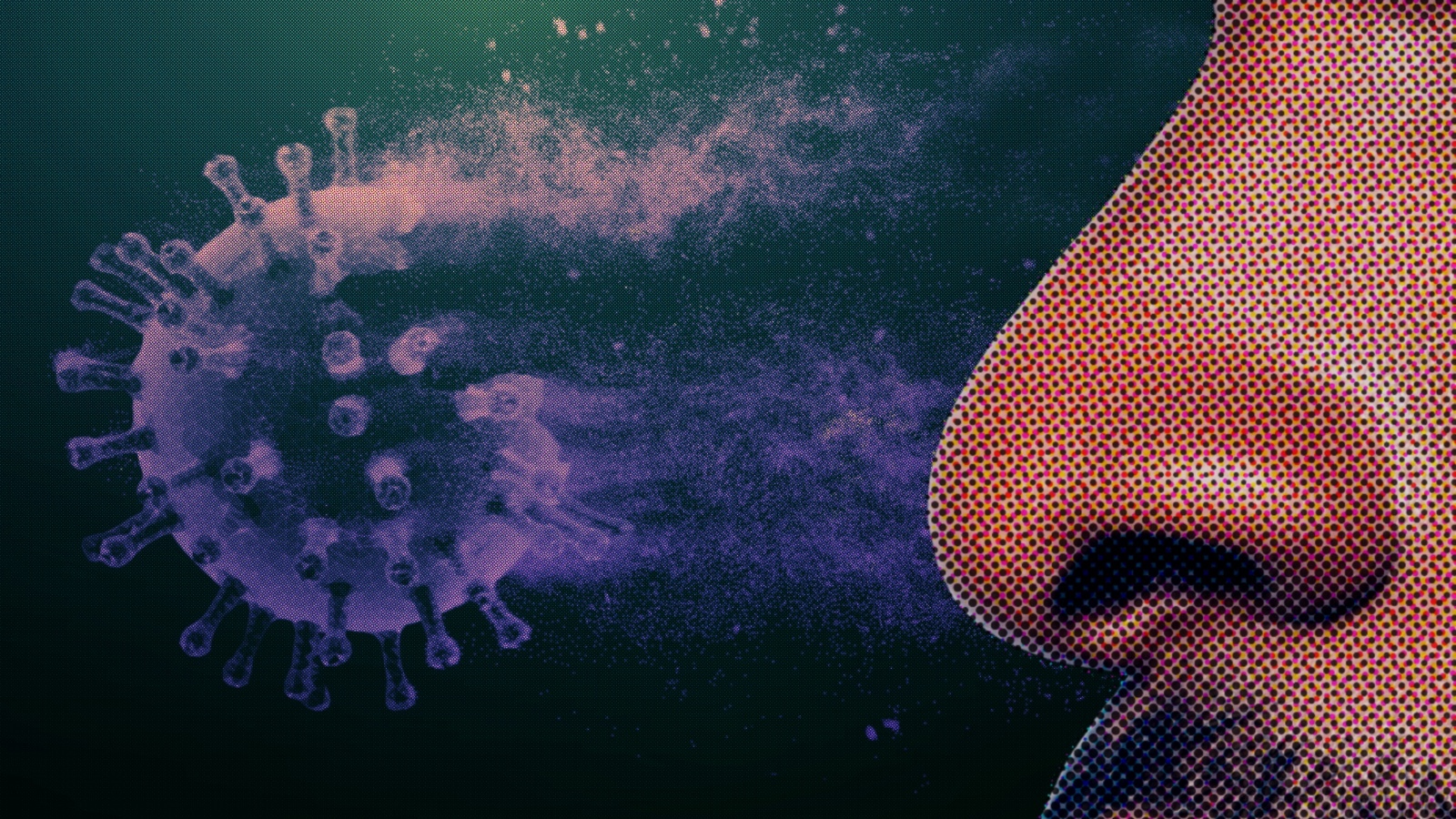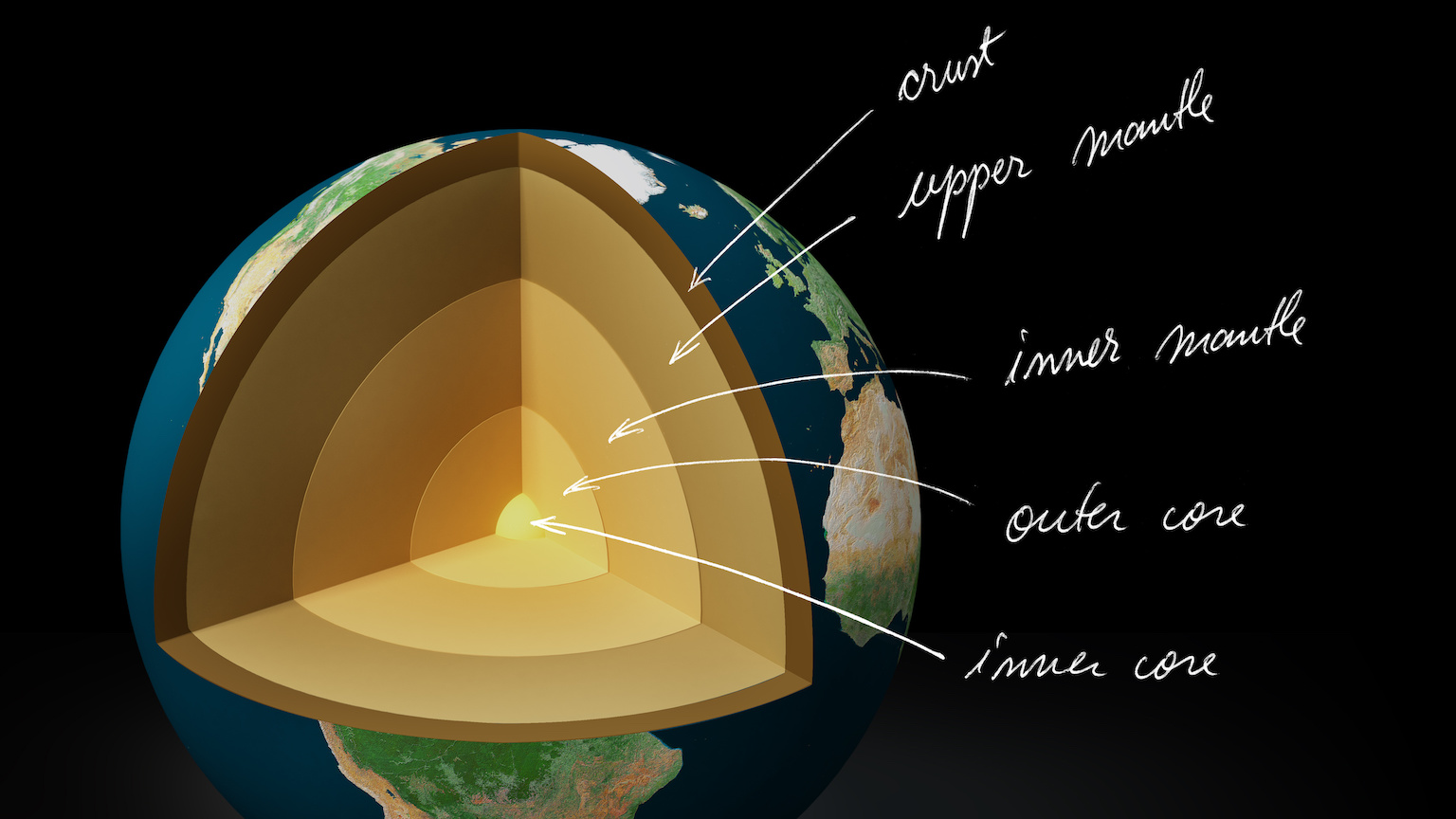Every timekeeping device works via a version of a pendulum — even the atomic clocks that are accurate to nanoseconds.
From mobile learning to microlearning, these five methods for training employees are some of the most effective in the modern world of business.
A toxicological study shows that the victims of human sacrifice consumed coca leaves and ayahuasca before they were killed, but not for reasons we originally thought.
Two types of nanotechnology, metalenses and metamaterials, could soon make Harry Potter’s invisibility cloak a reality.
What responsibility do social media companies like Twitter have to free speech? It depends on whether they are “landlords” or “publishers.”
Some question the ethics of sanctions aimed at cancelling Russian art and culture and punishing ordinary citizens.
Is there victory in defeat?
Singularities frustrate our understanding. But behind every singularity in physics hides a secret door to a new understanding of the world.
Morbid fatality statistics on digital highway signs seem to distract drivers, thus increasing the number of car crashes.
It didn’t look like anything I’d seen before, but I’d be a great fool to consider “aliens” as a reasonable possibility.
Today, we could use Big Data to radically reform democracy. Tomorrow, we could build nanofabricators and usher in an era of abundance. Is society ready?
Volunteering at a food bank, doing a coding workshop, or taking an online course might earn you micro-credentials.
Nanofabricators could quickly synthesize whatever we need, molecule by molecule.
Volcanic activity caused the end-Triassic mass extinction 200 million years ago. The dinosaurs survived and rose to dominance.
We take for granted that time is real. But what if it’s only an illusion, and a relative illusion at that? Does time even exist?
Elon Musk’s successful bid to take over Twitter has fragmented the internet along predictably partisan lines. But only time will tell whether this is a good or bad thing.
There is strong evidence that invertebrates are sentient beings.
It may depend on whether you’re an “easily empathetically embarrassed” person.
The ability is tied to mental health, consciousness, and memory in humans.
People underestimate their opponent’s capacity to feel basic human sensations. We can short-circuit this impulse through moral reframing and perspective taking.
The metaverse may leave us perpetually unsure whether the people we encounter are authentic or high-quality fakes.
When the Hubble Space Telescope first launched in 1990, there was so much we didn’t know. Here’s how far we’ve come.
Spin, spin, spin — fire! The startup’s radical system could make satellite launches cheaper and cleaner.
The underground burial tombs were used at least as far back as 2500 B.C.
Majoring in economics can boost a graduate’s early-career income by several thousand dollars, at least for those who live in California.
“We didn’t build anything face-ish into our network [but] managed to segregate themselves without being given a face-specific nudge.”
Shoving platelet-rich plasma up your nose might restore your sense of smell after COVID. But whether it actually works still needs to be sniffed out.
Moral dilemmas reveal the limitations of ethical principles. Oddly, the most principled belief system might not have any principles at all.
Ancient helium-3 from the dawn of time leaks from the Earth, offering clues to our planet’s formation. A key question is where it leaks from.
